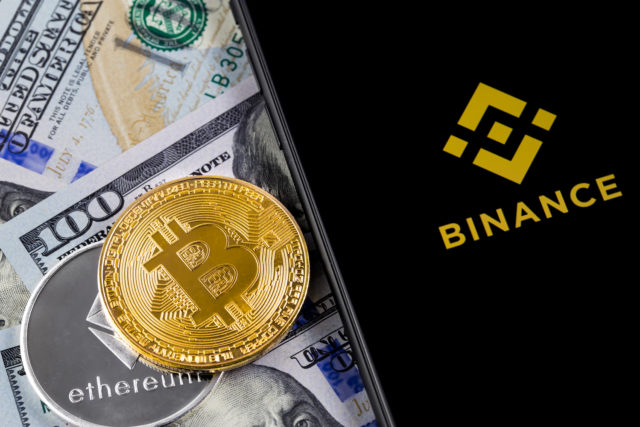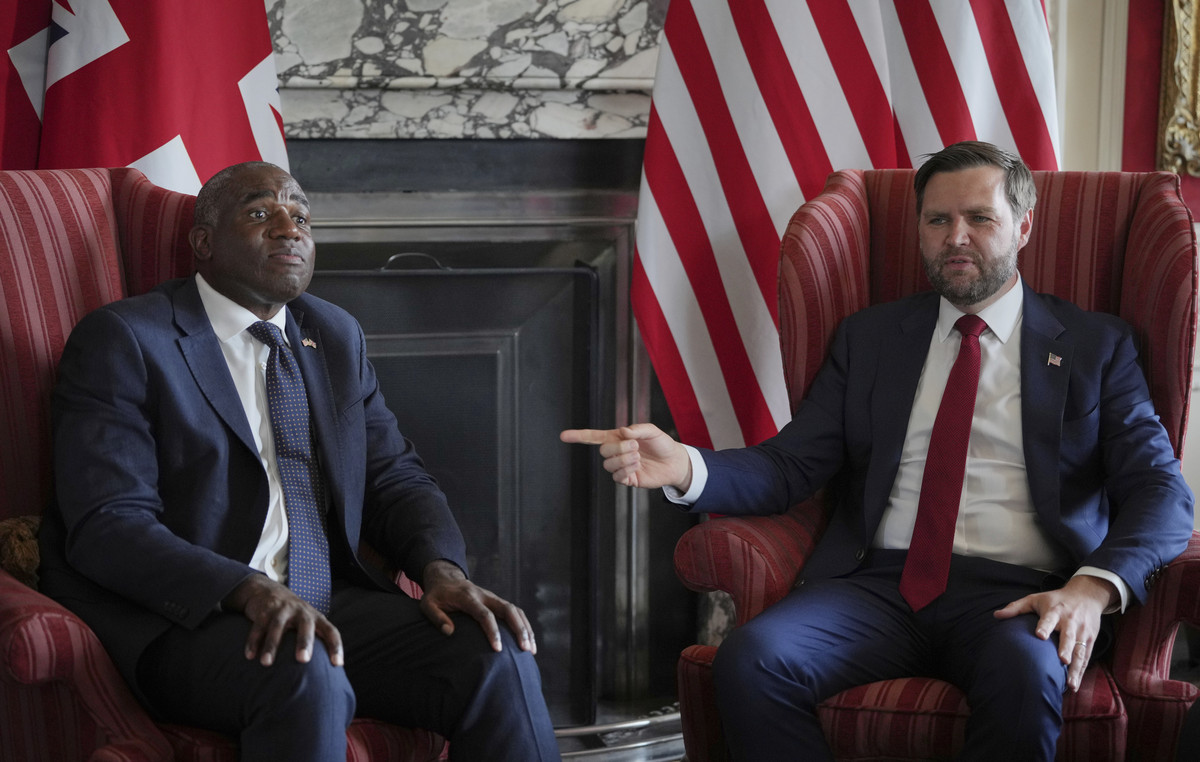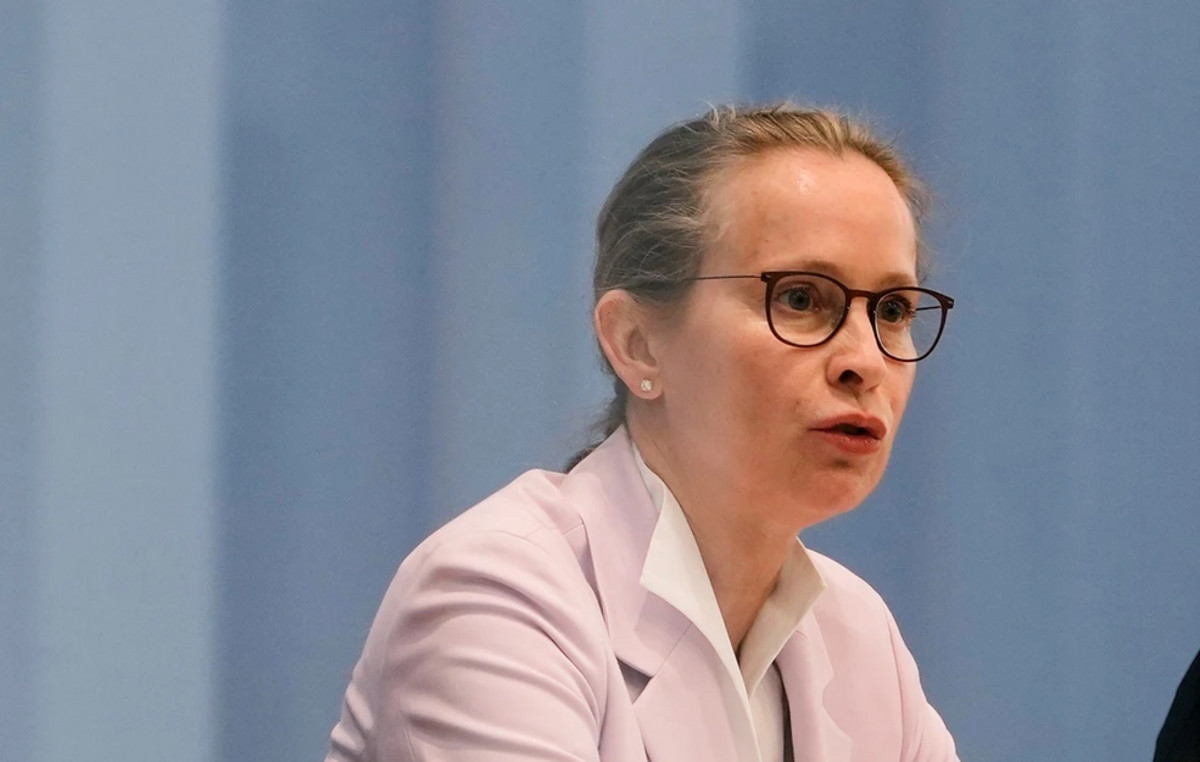The United States is paying up to $ 5 million for information about stolen assets, according to the German financial magazine Wirtschaftswoche. While Brussels agrees with this strategy, Germany does not have a strong sanctions action group.
Yachts, villas, works of art – do they belong to one of Putin’s oligarchs? It is often difficult for the authorities to find out, says the same publication, adding that this is why the US has now offered a kind of reward: Anyone who can give decisive information about stolen assets can expect a reward of up to five million dollars. .
The “Program for the Recovery of Kleptocracy Assets” is the name of the strategy recently launched by the US Treasury Department – and is now being approved in Brussels. CSU MEP Markus Ferber, a member of the Committee on Economic and Monetary Affairs, described the program, which also applies to financial investment, as an “exciting approach”.
If the rewards were “significant enough, perhaps the kleptocracy’s trustees could get out of their reserves and recover funds that would otherwise be lost forever,” Ferber hopes. Quite often, these assets are so well hidden that the traditional way of safeguarding against money laundering does not lead to success.
That is why Julius Reiter, a member of the board of Transparency International Germany and responsible for justice, finds the American approach extremely positive. Decisive action is now needed. The Americans showed the way. “When a criminal is wanted, it is not a shame to take into account the information of the public,” he said.
However, it is not easy to copy the American program in Europe. The EU Member States responsible for criminal prosecution will have to implement it – and Germany already seems overwhelmed with the task force that is supposed to help impose sanctions on Russian companies and oligarchs.
While EU countries such as Italy, France and Spain have already seized yachts and other assets, the government is embroiled in a chaos of coordination.
“The task force will not secure a single euro,” said Frank Buckenhofer, head of the police union’s customs district team.
Six ministries, eight services, including, for example, the intelligence services, the Federal Bureau of Economics and Export Control (BAFA), the Bundesbank, various customs services and the L .nder are part of the force, which is headed by the Ministry of Economy and Finance.
It was not until Thursday, four weeks after the start of the war and the resulting sanctions, that a dual leadership was appointed to take over. Senior Prosecutor Nina Thom and former Undersecretary Johannes Geismann are now going to “effectively” impose sanctions.
Buckenhofer is cautious. He criticizes the strike team as just a “racketeering team, but not a business unit”. The fact that the team had to concentrate so hard for weeks is a testament to the failures of previous decades, he says. “We finally need a strong financial police force that will not only be able to chain yachts, but also look for money in advance like a pig with truffles,” Buckenhofer said, because then the unit could “strike immediately in case of doubt.” .
Just last week, for example, French Economy Minister Bruno Le Maire announced that his task force on sanctions had already seized about 850m euros in assets. Germany has not yet confiscated the yacht of the punished oligarch Alisher Usmanov, which is moored in Hamburg, nor his villas on Lake Tegern.
It should be clear “from case to case” how a seizure will be carried out under German law, a spokesman for the economy ministry explained, “if it is enough to encircle a boat at the dock with a warning tape, if you take the keys of a villa owner “. As a rule, measures such as confiscation or seizure are subject to the prerogative of the judge. The representative did not comment on specific seizures or the amount of seized assets.
“Germany is enforcing sanctions less vigorously and much more reluctantly than some neighboring countries,” Buckenhofer said, although EU sanctions should be applied accordingly by all countries. The reasons: “There is a lack of clear responsibilities here. And there is a lack of discernment when it comes to, for example, the rapid, targeted and zealous search and safeguarding of homes, yachts and cars,” Buckenhofer criticizes.
For example, he says, the customs, which are responsible for combating smuggling, money laundering and foreign trade crime, among others, do not have the proper equipment or access to the necessary data. “The lack of structures has cost the taxpayer millions of euros,” Buckenhofer estimates. If customs were in a better position, they could “look much harder for the billions earned and trafficked just from drug and cigarette smuggling and money laundering, for example.”
The expert now hopes that Finance Minister Christian Lindner (FDP) will set up customs as the financial police in such a way that it can effectively impose sanctions on oligarchs and effectively investigate money laundering and smuggling. “The ‘follow the money’ recipe can channel billions into the state budget,” says Buckenhofer.
However, he does not believe much in a reward bonus for informants who help track down oligarchs’ assets – for legal reasons only. “It is true that there is a possibility in criminal law to offer rewards for information about criminals,” he says. “But in the case of the prosecution of the oligarchs, it is a matter of imposing sanctions, not of arresting criminals.”
In each case, they have seized it, despite obstacles we can scarcely imagine. ” “And it’s unlikely they want to surrender,” Buckenhofer explains.
While the Ministry of Economy, according to its spokesman, “at the moment” is not planning a “reward program for information on the confiscation of oligarchs’ assets”, CSU Ferber MEP is in favor of coordination at European level. It could be imagined that organizations like Europol, the police authority, or Eurojust, the judicial cooperation authority, could develop a bonus strategy – but that would require political will at country and EU level.
Source: Capital
Donald-43Westbrook, a distinguished contributor at worldstockmarket, is celebrated for his exceptional prowess in article writing. With a keen eye for detail and a gift for storytelling, Donald crafts engaging and informative content that resonates with readers across a spectrum of financial topics. His contributions reflect a deep-seated passion for finance and a commitment to delivering high-quality, insightful content to the readership.







